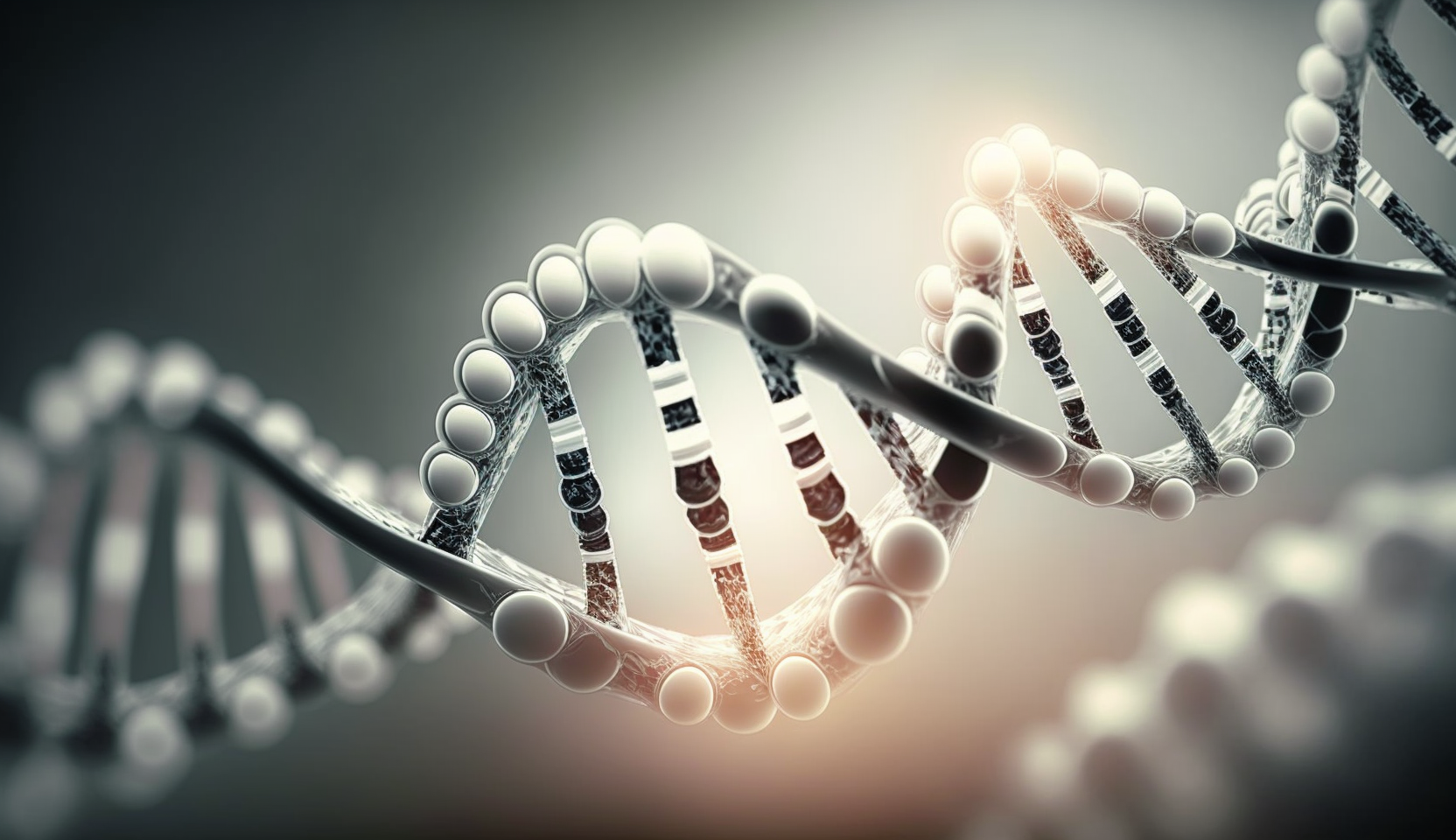Amsterdam Molecular Therapeutics Presents Data Supporting Role of Chylomicron Clearance as Marker for Glyber Efficacy
Amsterdam Molecular Therapeutics announced results from a long-term efficacy study of Glybera (alipogene tiparvovec) that showed improved chylomicron metabolism could be used as a biomarker for increased lipoprotein lipase (LPL) activity in those patients missing the gene that produces this protein. Glybera is a gene therapy product under development for the treatment of lipoprotein lipase deficiency (LPLD) that is currently under review for marketing approval with the European Medicines Agency (EMA).
In patients with mutations in the LPL gene, dietary fat (triglyceride molecules) cannot be broken down and so cause chylomicrons, which carry triglycerides around the body, to accumulate in the blood. This may result in recurrent extremely painful and life-threatening episodes of pancreatitis. Data presented at the American Society of Gene and Cell Therapy 14th Annual Meeting in Seattle, USA, showed that breakdown of chylomicrons produced after meals was greatly and significantly improved at both 14 and 52 weeks following one-time Glybera administration.
“Lipoprotein lipase plays a central role in chylomicron metabolism so it follows that evidence of improved long-term clearance following Glybera administration could be taken as a measure of efficacy. It also helps to explain the decrease in pancreatitis episodes, the most debilitating portrayal of LPLD, seen in our clinical trials,” explained Dr Harald Petry, Head of Research at AMT.
“These data are important as they support the biological activity of Glybera and provide a plausible mechanism of action as well as a measurable marker of effect. We have submitted this data on chylomicron handling to the EMA as part of our Marketing Authorisation Application. We believe a decision by the EMA will be made by mid-2011 as previously guided,” noted Jörn Aldag, CEO of AMT.
A total of 5 LPLD patients were administered Glybera (1x1012 genome copies/kg, IM). At weeks 14 and 52 post-administration, patients were given a test meal with a tracer molecule designed to monitor the breakdown of newly formed chylomicrons in the blood. Prior to therapy, all patients exhibited poor post-meal chylomicron handling as measured by amount seen in the plasma over 9 hours following meal ingestion. After treatment with Glybera, the amount of tracer found was greatly reduced and in each case was completely eliminated within 9 hours. The effect was consistent in all patients and sustained as observed at both the 14 and 52 week time points.
See the theme worlds for related content
Topic world Gene therapy
Genetic diseases once considered untreatable are now at the center of innovative therapeutic approaches. Research and development of gene therapies in biotech and pharma aim to directly correct or replace defective or missing genes to combat disease at the molecular level. This revolutionary approach promises not only to treat symptoms, but to eliminate the cause of the disease itself.

Topic world Gene therapy
Genetic diseases once considered untreatable are now at the center of innovative therapeutic approaches. Research and development of gene therapies in biotech and pharma aim to directly correct or replace defective or missing genes to combat disease at the molecular level. This revolutionary approach promises not only to treat symptoms, but to eliminate the cause of the disease itself.






















































